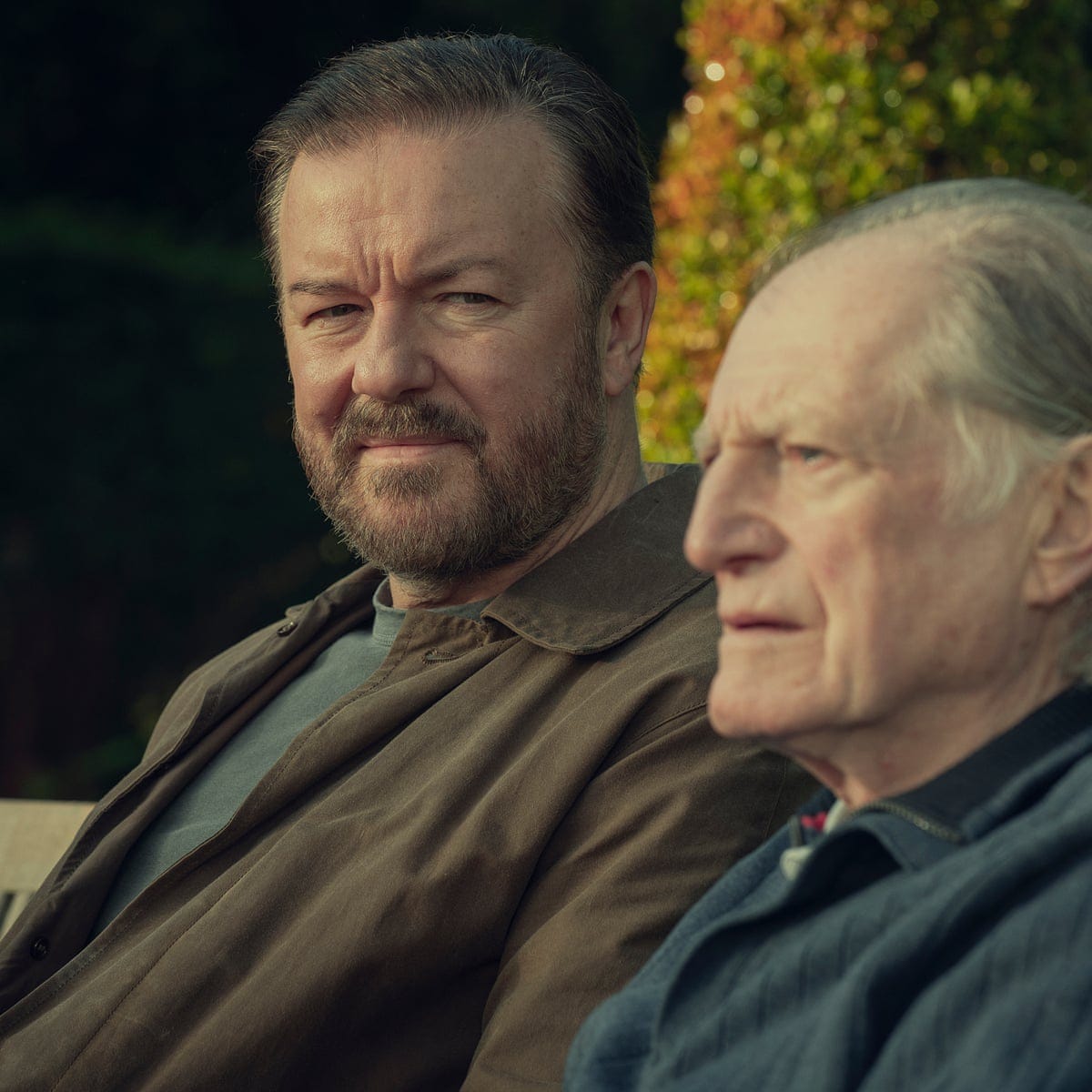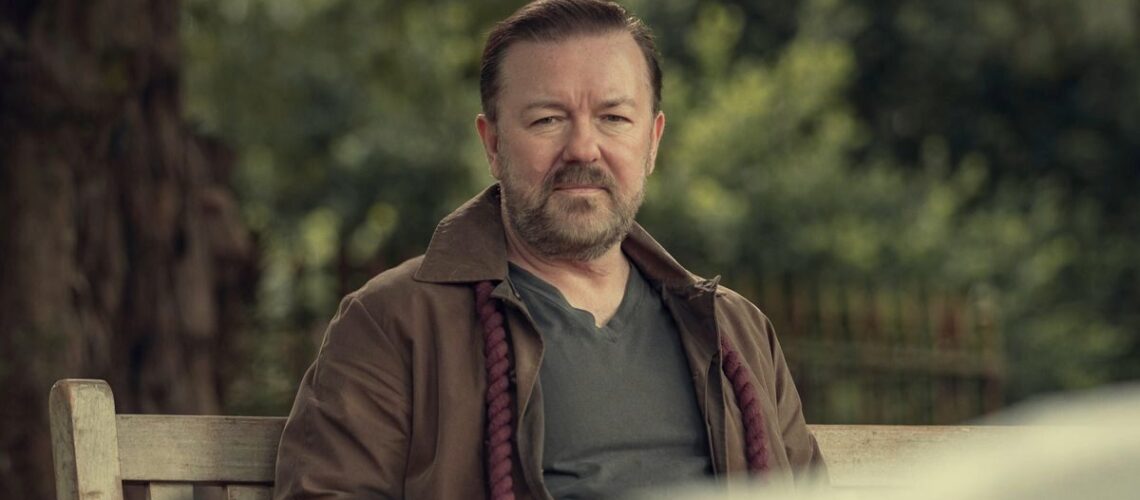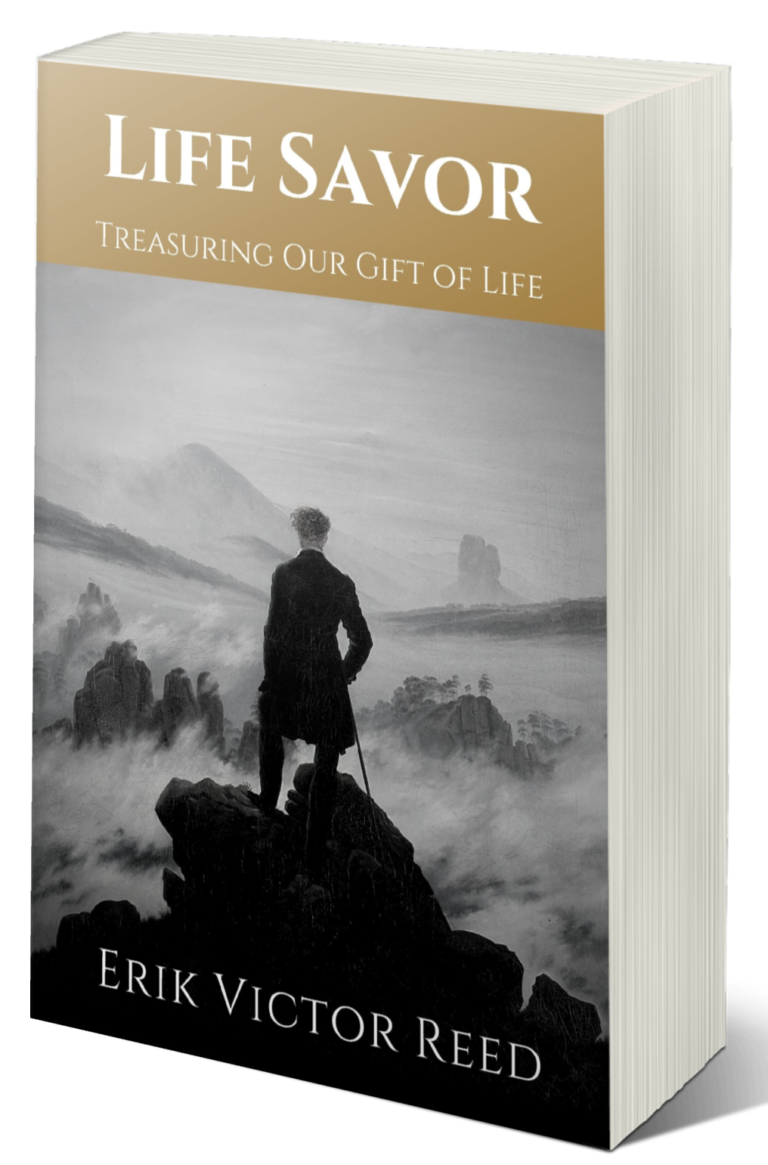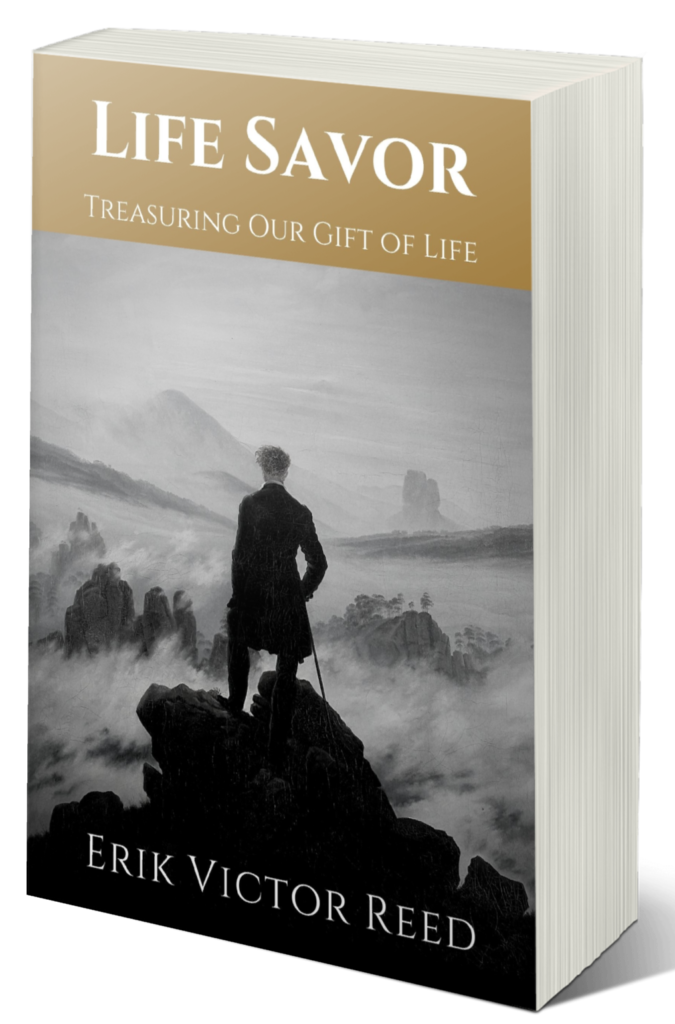A tribute to the quiet genius of “After Life”—and the way it slips past your armor.

In a world full of prestige TV, one small, tender series broke my film-geek defenses—and made me cry every single time.
After Life (currently on Netflix) is the most personally moving TV series I’ve ever seen.
And that’s saying something. I’ve seen The Sopranos, The Wire, Firefly, Mad Men, Dexter, Game of Thrones, Fargo, Better Call Saul, The Detectorists, The Bear, and many more. They’re all masterpieces.
But if I had to choose one series to take on a desert island?
It’s After Life.
I know—that’s a deeply personal choice. But if you know me (or my project Life Savor), you know that the topic of life is dear to me.
After Life doesn’t just touch on the topic of life (and death)—it sits with it for three seasons. It laughs with it. It cries with it. Tenderly. Sometimes awkwardly. Always honestly.
It Caught Me Off Guard
As a film and TV geek, I don’t cry much at screens. Not because I’m numb or too cool for it—I’ve just seen so much. It’s hard to surprise me.
But After Life got through.
I’ve watched the series a few times over the years, and each time, I end up crying at different moments. There’s something about the way it’s built—these little vignettes of kindness, grief, absurdity—that sneaks up on you.
But the final scene? The last five minutes?
It gets me. Every. Single. Time.
Ricky, his dog, his late wife, all walking to “Both Sides Now” by Joni Mitchell. One by one, each fades and I can’t see through the watery stuff in my eyes.
It’s simple. It’s quiet. And it wrecks me every time.
Small Town, Big Emotions
I love how After Life takes place in this tiny, almost claustrophobic town. A newspaper office. A cemetery bench. A pub. The whole world feels intimate and a little worn-down—like the emotional state of its characters.
And yet, it never turns to melodrama. It’s full of weirdos and underdogs, people you’d never expect to care about—but by the end, you do. Even the absurd characters have a kind of quiet dignity.

Sure, occasionally the crude humor stretches a little far (a Gervais signature), but it’s part of the stew. It makes the show feel… human. Unpolished. Honest. Like real life.
And that’s what gets me. It catches me off guard.
Ricky Gervais, Emotional Trickster
It’s baffling that After Life was mostly ignored by the major awards (Golden Globes, Emmys). Some critics dismissed it as “not as funny as The Office”—which feels like missing the point. Gervais isn’t just going for laughs here. He’s doing something riskier: aiming straight for the heart.
If you’ve seen The Office or Extras, you’ve seen him pull off this magic trick before:
- He starts with a character you don’t want to root for.
- He makes you laugh.
- Then, by the end, you’re speechless—with tenderness, recognition, and maybe even a lump in your throat.
He lures in the cynics. He disarms the sentimentalists. And he never lectures.
It’s such a rare skill—to make a viewer laugh and then cry without ever switching tones.
After Life is the culmination of that ability.
The Final Fade
At its heart, After Life isn’t about death as much as it’s about life.
It’s about how we keep going. It’s about what’s special. It’s about the small, strange moments that help us survive—dogs, laughter, weird coworkers, cemetery chats with strangers. It offers a refreshing dose of secular humanism (and secular humorism) without excessive atheist preachiness. And it’s about the shadow work we all do to find some peace.

It’s a show that understands the quiet heroism of simply getting out of bed.
So yeah, it’s my desert-island series. Not because it’s flashy or perfect, but because it gets to what’s real—and what’s really important.
It reminds me of why I live.
I live because the world is good (sometimes), and because there are good people (sometimes). I live because of people like Ricky Gervais—and their sensitive, lovely souls and creations. I live despite the wankers.
I live for the chance to love what I love, to honor what I love, and maybe—just maybe—to add something that others can love.
And that’s what After Life offers. And that’s what it’s about.

To learn more about Life Savor’s philosophy,
read Life Savor: Treasuring Our Gift of Life by Erik Victor Reed.







